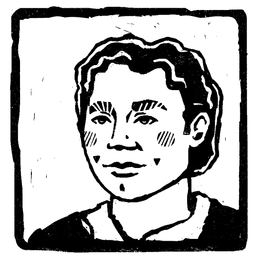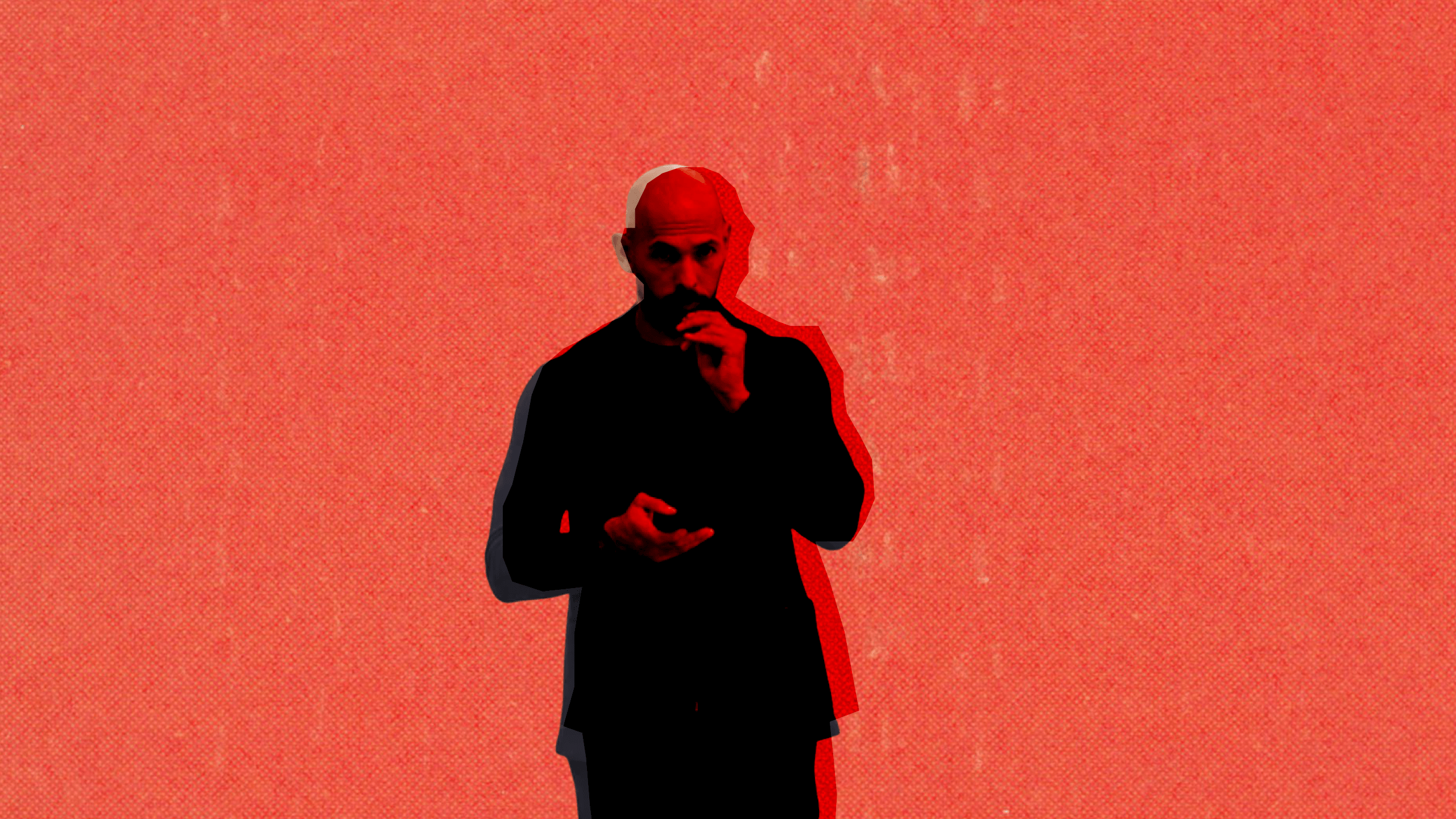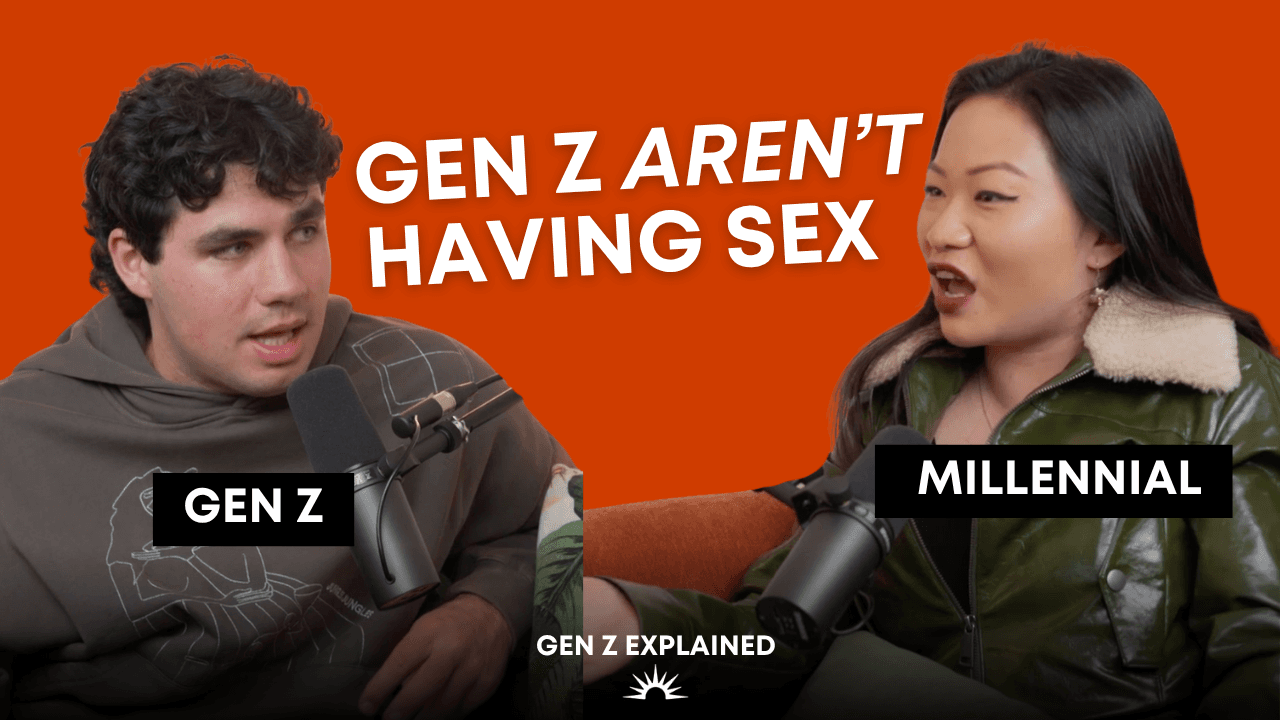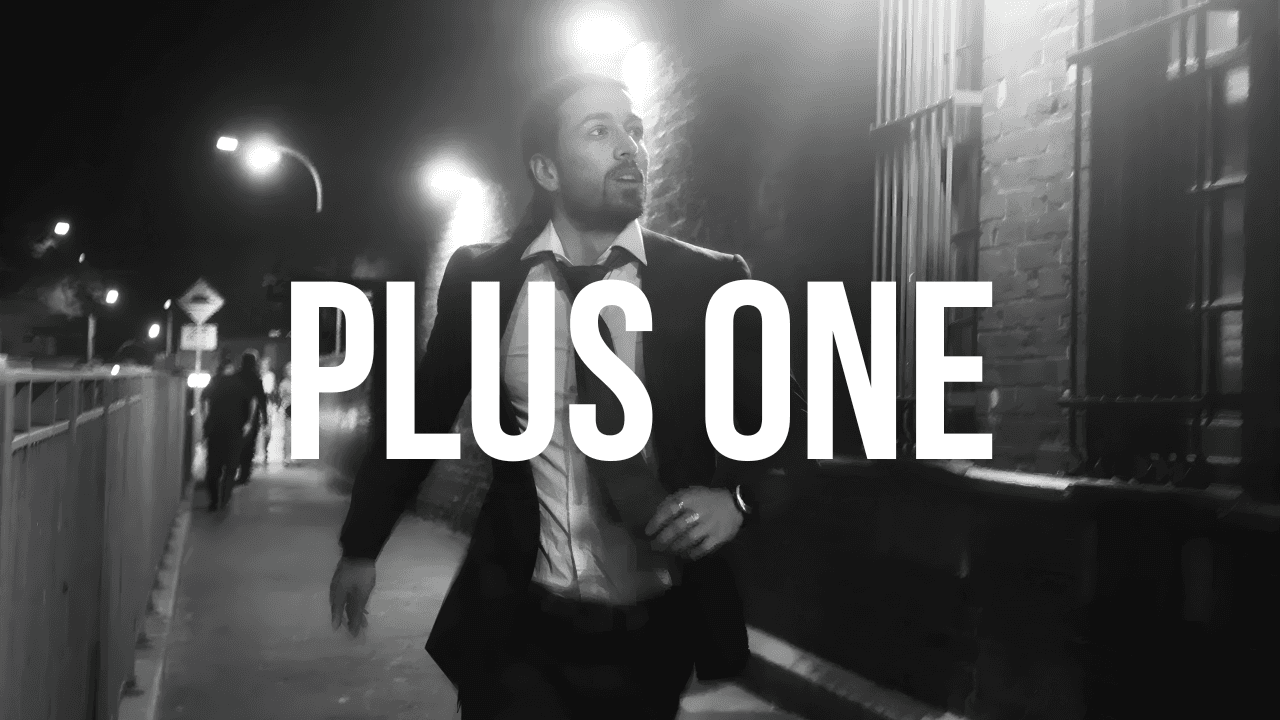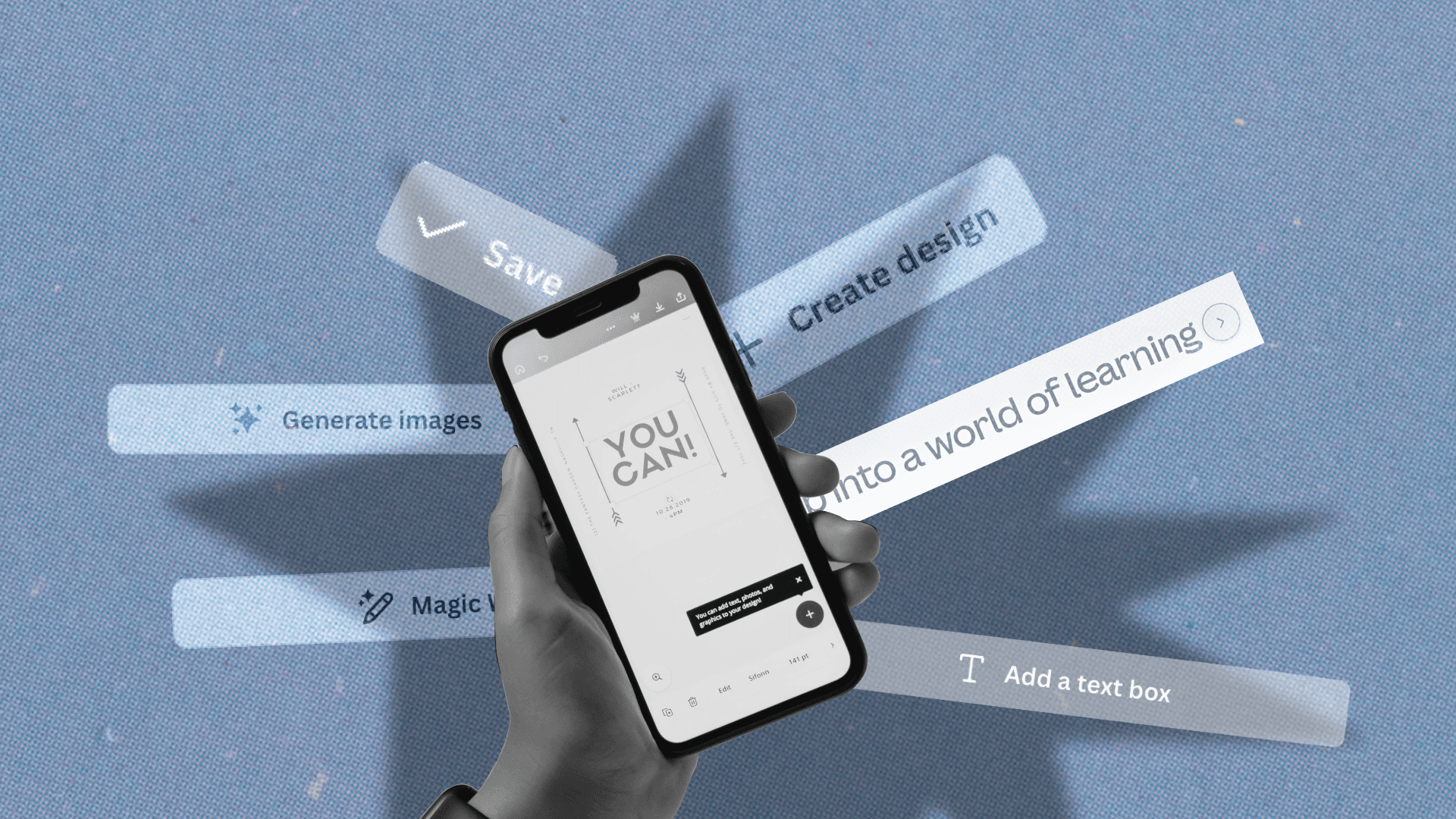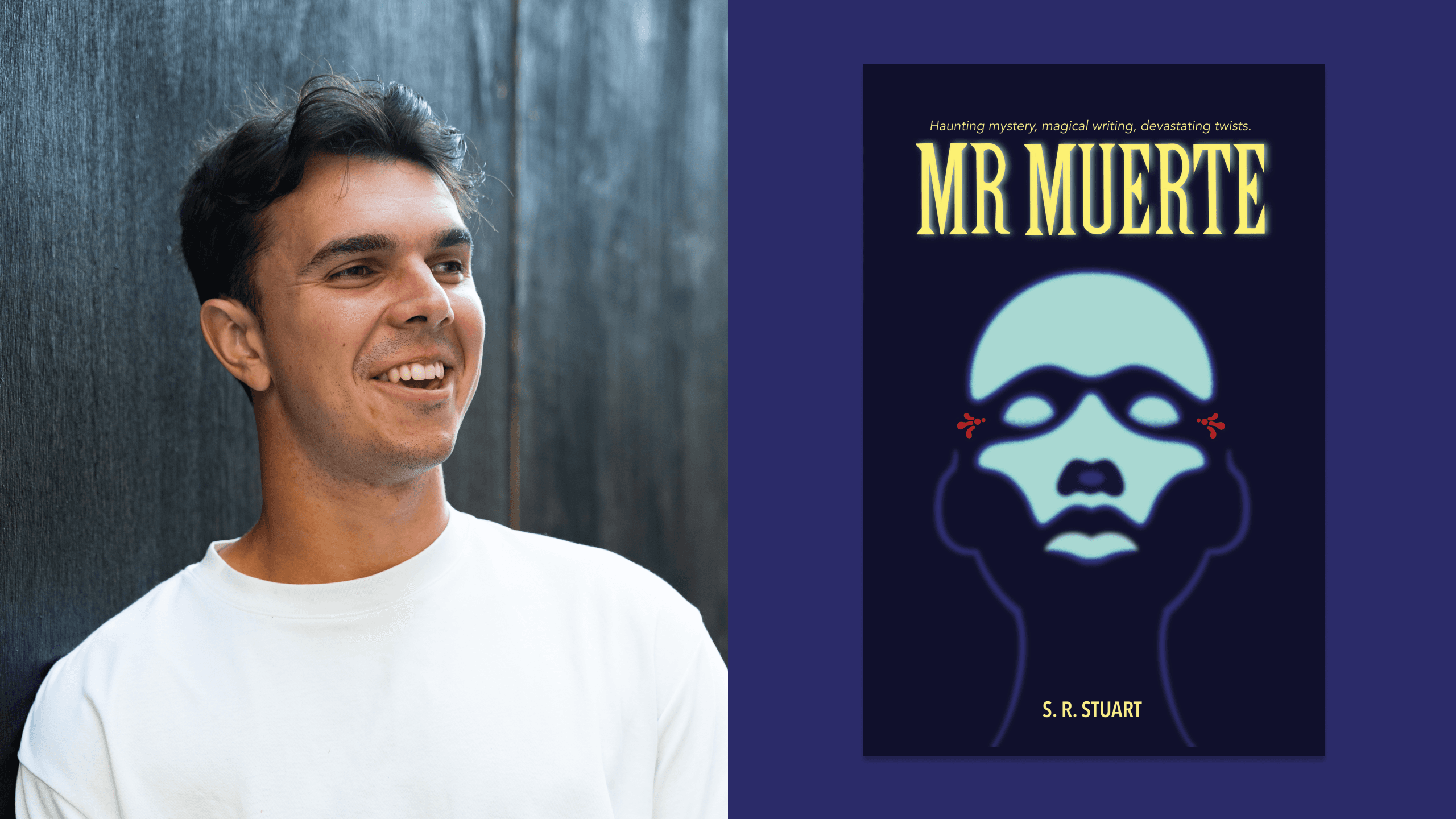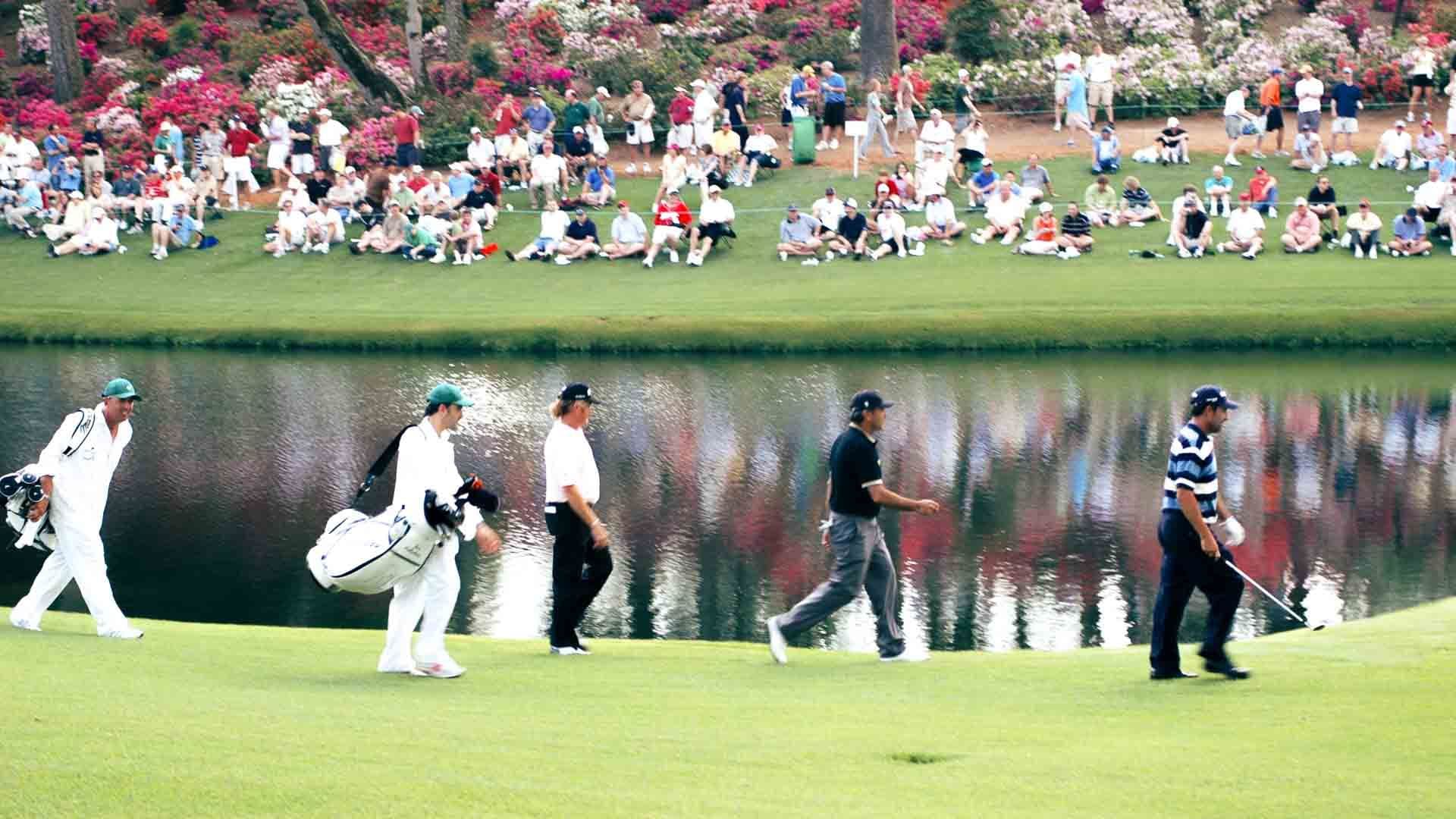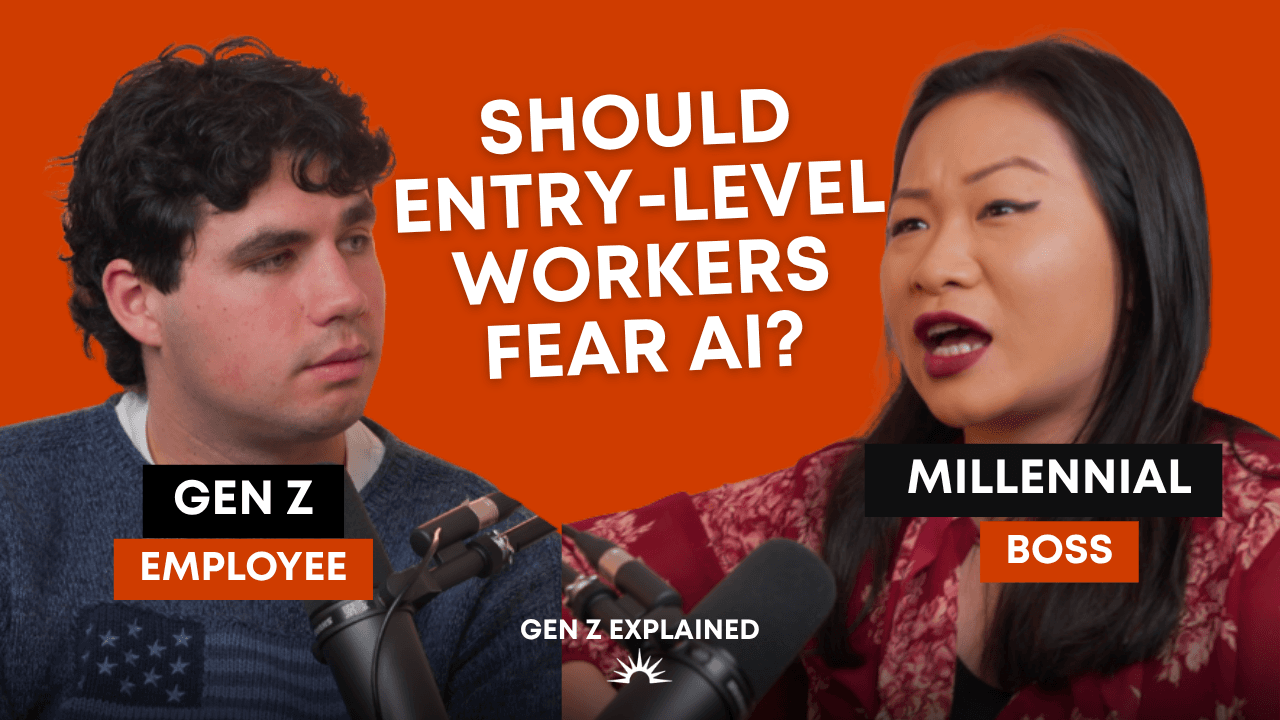We were down by the sea during the last days of winter. Sarah’s grandparents’ house was a small weatherboard place, perched right above the beach, and from the window in the living room we could see container ships sailing by, closer than you’d think. I still remember how the spray blew off the waves, lashing at the windowpanes. It made our little game of cards cosy.
The house was flanked by weather-beaten tea trees and spinifex. At night, the hardy plants shuddered in the wind. I’d fall asleep to their rustling and to the sound of the loud breakers and Ben’s deep-breathing in the bunk above me.
“‘Do the manly thing’,” Chloe read aloud. “Can you believe that? So fucking typical.”
Our phones were stowed in the next room, locked up for an hour. Chloe and Liv leafed through an old school yearbook while Ben searched for the missing seven of hearts. I think at least one of us was wearing a cable-knit sweater. It was all very 90s, we concluded proudly.
Sarah craned her neck over, absent mindedly shuffling the deck. “Oh, yeah. My dad went there. He always talks about it.”
Liv and Chloe grimaced. “Cringe.”
“What is it?” Noah asked.
“Sarah’s dad’s school motto.”
Chloe, Noah’s girlfriend, turned the page. “‘Do the manly thing’,” she repeated, this time in a King Charles sort of accent.
Noah opened his mouth to speak. For a moment he seemed to have thought better of it, but he pressed on. “What’s so bad about that?”
“Seriously?”
“Well, yeah.”
The five of us, all law students, were on university break. Our Torts assignments had been handed in the day before (mine unimpressive, it turned out) and we were at ease, happy to be together without any responsibilities. Our conversations were dominated by topics like Trump, Palestine, anti-immigration rallies, and the content of influencers like Charlie Kirk. For a group of young Australians this might seem like a rather American list, but you must understand that we get our news from our phones, and that social media has little regard for borders.
Sarah piped up. “Come on, Noah. It’s obvious. It sucks that they’d make their literal motto revolve around such a toxic concept.”
Noah looked pained for a moment before Ben interrupted, happily proclaiming, “Found it!”, as he produced the missing card. Pleased with the shift in focus, Liv started dealing. The conversation moved to Presidents and Assholes, our version of the game Presidents and Hearts, and the moment passed.
It stuck in my mind. Not so much because of the content – this was an unremarkable conversation, one I’ve witnessed before and since in classrooms, at uni, online – but initially because of the look on Noah’ face, because of the way no one else noticed his discomfort and disagreement. It was compelling to me.
That night we dined on chickpea bolognese; Ben, who was sticking it out longer than any of us had predicted, was a newly minted vegetarian. After dinner we played half-hearted drinking games on the beach in puffer jackets and beanies. The cable-knit sweater, while pleasingly retro, was ditched for something more insulated.
On the walk back home a squall started up. Noah and I, being without rainjackets, ran ahead to the house.
“You don’t think that was bad of me today at cards, right? With the ‘Do the manly thing’ thing?” His tone was earnest as we came through the door and kicked off our shoes, making for the woodburner. “Like, they acted as if it was a deliberately stupid question for me to ask.”
I hesitated.
I’d gone to an all-boys school, been the school captain there, seen what happened when young men were told ‘manliness’ entailed something toxic. I knew the alienation it caused, the deep-set feeling of villainisation it stirred in them. I was frightened of it and I disagreed with the message on an intellectual level, too. But I feared that Noah might quote me the next time the topic came up, so I gave a non-committal sort of answer and changed the subject to how revolting dinner had been.
The others arrived a few minutes later. I remember that they were singing the national anthem.
We set about making dessert.
Noah’s look of pain and irritation continued to stick with me. To my mind it became a perfect encapsulation of something I’d seen throughout my adolescence, something I’d witnessed in many of the boys I knew. It was particularly arresting, I suspect, because in some ways I knew exactly what he was feeling. Shamefully, I could relate to it.
Let me explain.
I owe my early understanding of manliness to my paternal grandfather. This was a gruff, charismatic, bibulous man, fond of racehorses and pubs, who had come to the hospital for my birth but decided to skip those of my older sisters. I remember speaking to him on the phone one morning when I was about ten, politely inquiring how his evening was. “Bloody good, mate. Would you believe it if I said I slept with 2,000 birds last night?” (He had gotten drunk and fallen asleep at the bird sanctuary in Currumbin, it turned out).
He a former champion boxer of the Australian Defence Force, a great footballer and gambler too, and uncle to the tennis star Pat Cash. After Pat’s win at Wimbledon in 1987, family history records that he did his best to flirt with Martina Navratilova during the champion’s dinner. I raised this with Grandpa Brian once. He nodded fondly – Navratilova was a fine girl, apparently, if a bit stern – though he was dismayed that Diana, Princess of Wales – a finer girl, he thought; legs like you wouldn’t believe – had left the dinner before he’d had a chance to get to her. At Brian’s funeral (attended by a strange mix of old flames, betting companions, and creditors) my father had the complicated task of eulogising a controversial figure. In the end, I thought he described the old barrister well: “No one,” he said, “spent more time practicing, avoiding, or being the subject of the law.”
It soon became apparent to me, though, that this definition of manliness wasn’t fit for purpose. No one seemed to openly call women ‘birds’ anymore, nor did anyone respectable admire them so brazenly, as he would sometimes do. What archetype of manliness, then, was to take his place?
My Dad was the perfect role model. He is sensitive, secure, and kind. But this type of manliness doesn’t insist on itself, nor does it call itself manliness, like my grandfather’s brand of masculine might. In any event, the young mind gravitates towards more conspicuous exemplars.
I gazed out, therefore, at a vast, sweeping vacuum. Gone were the old stories of men as breadwinners, as leaders of the home, as macho figures. But what was there to replace them? I looked around, unsure. We boys of impressionable age with wide eyes and naivete in spades, we were lacking a north star. While so much good work had been done to dismantle the old, dated conception of manhood, it seemed the activists and change-makers had then just packed up shop. They left boys with negative – don’t be this, don’t be that – rather than positive instructions.
Many of our female peers were experiencing things differently. After millennia of subjugation, young women in the West were now being raised on empowering and exciting stories. My sisters and female friends, alongside scores of other girls, were being told that they could grow up to become whatever they want: the president or prime minister, the CEO of General Motors, an Olympic medallist, a leader or a poet or a principal. They could “make herstory”, be a “She-E-O”, and so on. Given men still occupy most of the seats at most of the tables that matter, and given women still face a sweeping assortment of hardships (discrimination, violence, misogyny, many instances of which are proliferating rather than declining) this style of upbringing makes sense. When you look at it with everything in hand – with a clear-eyed view of history, that is – it’s obvious why girls, who for so long have not been exposed to empowering stories, are finally getting them.
For children, though, who don’t have this view of history, who have been raised instead on the simple idea of fairness (‘that’s not fair!’, I might say, if I’m cheated of my time on the iPad, or if I get the small slice of cake) it feels unjust.
This is where it all started to go awry. We looked to our side and there were the girls, getting what we thought was a better go of it. ‘That’s not fair!’ said the boys, in the basic sort of way that kids do. But we weren’t listened to, because the grown-ups remembered the time when this wasn’t the case, and because the grown-ups knew that in many ways women still face adversity the boys couldn’t imagine. But the boys don’t know what they can’t imagine, of course, and most boys think they know everything. ‘Anyway,’ thought the grown-ups, ‘a sexual abuser has just been elected President. Could that much progress really be happening?’ They had a good point.
Soon it came to pass that boys weren’t outperforming girls anymore. In fact, the tables had turned. In tertiary education, in schooling, and in employment, men were lagging behind women, actively going backwards while women advanced forwards. But to talk about it – to say, ‘boo-hoo for men, boo hoo for the inheritors of thousands of years of patriarchy, for the heirs to all sorts of privilege’ – felt a bit awkward. So those insipid, latent feelings of unfairness in boys’ minds just kept swirling about.
It was at this point, I believe, that the vacuum, that empty space, that lingering uncertainty about what it is to be a man, became suddenly very, very dangerous. Onto the scene waltzed a host of compelling voices, influencers who offered lost young men a nostalgic return to the time when they had a clear-cut archetype into which they could fit. These voices redefined manhood as the old story of machoness and primacy over women, but they communicated it in a new language. No more calling women ‘birds’, sure, but maybe something just as derogatory, something that only internet-dwellers know. This, to a generation of men being outpaced by their female counterparts, became a much-appreciated notion.
“What’s so bad about that?”, Noah had asked, when Chloe was scoffing at the idea of doing “the manly thing”. He still had the guts and the conviction to defend a positive vision of manhood, and maybe that’s why his expression from that night by the sea won’t get out of my head, because I recognise how precious that is.
I asked him about it months later. He said something along the lines of, “Dickheads like Andrew Tate don’t have a monopoly on masculinity”. I had smiled. It would be naive, though, to think there isn’t a huge number of young men who don’t have Noah’s maturity.
The ‘crisis’ of young men is increasingly the subject of op-eds and podcasts and dinner party talk. A predictable back-and-forth is occurring: do we bring boys back into the fold, do we pat their heads and say, ‘Yes, you can also be president. You can also be CEO (he-E-O?) of GM.’ Or do we press on with the status quo, and triage things later?
I don’t know. Ideally those aren’t the only two options. But in broaching these societal ills we tend to forget that they are so immediate – that, while it might be a cliche, they are playing out in the mind of the young kid next door or the intern at work, or maybe the schoolboy on the tram with his head in his phone – and that in each conversation we get to define the words we use.
Dickheads like Andrew Tate don’t have a monopoly on masculinity. It’s just that theirs are the loudest voices in the vacuum. The sad thing is that they were the first to listen to boys and their complaints, and they have then prospered from twisting feelings of injustice into something darker and deeper. They offer an answer – a regressive, ugly answer – and present it with conviction.
We are running out of Noahs, I worry, and a PR person would tell you we need to present boys with an alternative “narrative”. They’d be right.
